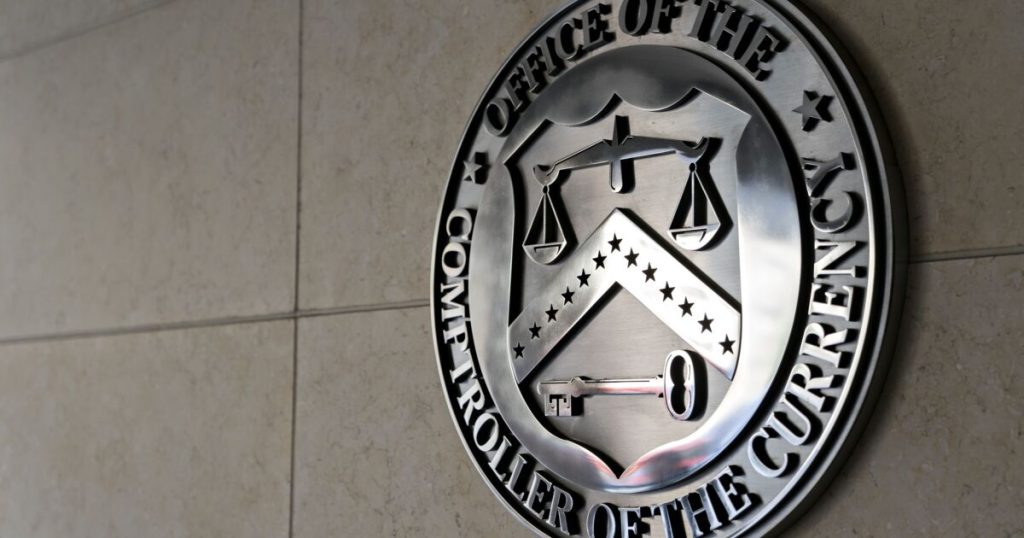Adobe Stock
Compelling arguments are raised from time to time for restructuring
Over time, the assumption that the existing framework is sufficient has become increasingly difficult to defend. The scale, complexity and speed of today’s financial system bear little resemblance to the environment in which many supervisory processes were first designed. Technology has accelerated decision-making, risks travel faster, and the consequences of flawed or unchecked judgments can be magnified quickly. Without a credible avenue of appeal, institutions may feel compelled to accept outcomes they believe unjustified, undermining confidence in the agencies and weakening the legitimacy of oversight itself.
Government officials, like anyone else, do not like to have their decisions second-guessed. Nor does anyone want to fall victim to unfair treatment. Fairness in supervision requires a mechanism that can withstand that discomfort. Without such safeguards, institutions risk being subject to judgments they cannot reasonably challenge, and examiners risk having their credibility questioned in turn. Agencies have tried, with varying success, to mediate this tension. Yet many stakeholders remain dissatisfied and call for reform. A structured and impartial pathway for redress would resolve this dilemma by protecting institutions from arbitrary outcomes while at the same time reinforcing the integrity of examiners’ work. Far from being a concession to industry pressure, a well-designed appeals process should be recognized as a mark of institutional strength and accountability. We share that view and believe legislation should begin with the following changes.
The heads of every banking agency should be required by law to instill in all examiners and other bank-facing personnel — at the time of their hiring and at least annually thereafter — the principle that their work and decisions must be based solely on their best professional judgement. That judgement must be grounded in the facts at hand and the agency’s formal policies and procedures and free from any perceived political or other influences.
When disputes arise, banks should first be encouraged to fully avail themselves of informal channels of communication to seek relief. If those efforts fail, they must be reassured that they have the right, and indeed the responsibility, to formally appeal any decision, recommendation or order they believe would not withstand independent review. Such appeals should apply not only to examination findings but also to enforcement proceedings, whether pending or threatened, and should be grounded in substance rather than sentiment.
Appeals must be addressed promptly by reviewers who are unbiased and sufficiently knowledgeable in the targeted subject matter to render an expert opinion on the merits of the appeal, with resolution expected within thirty days of the hearing. While final authority would continue to rest with the agency head, the process should be supported by a designated roster of “appeals reviewers” within the agency’s personnel system, overseen by the ombudsman or another arrangement, internal or external, the agency deems most effective.
Any type of retribution directed toward an appellant — before, during or after an appeal — should be treated as a serious offense, subjecting those responsible in the retributive behavior to severe disciplinary action, up to and including termination of duties and employment. While recognizing privacy rights, the agencies should also report annually to the relevant congressional committees on the appeals process, including the types of appeals and whether they were won, lost or settled through compromise. The Senate and House Banking Committees should, in turn, hold annual hearings requiring agency heads to testify on the process and its outcomes. At least once every three years, the applicable agency inspector general should carefully examine the appeals process to ensure it remains fair and compliant with the law. Finally, if an examiner or other agency staff member feels they have been treated unfairly by the appeals process, they, too, should have the right to appeal the agency’s general counsel and the agency head.
Real due process in bank supervision is not merely administrative housekeeping — it is fundamental to the credibility, fairness and effectiveness of the regulatory system. A transparent and enforceable appeals process ensures that both banks and examiners are treated fairly, that mistakes can be corrected without fear of reprisal and that public confidence in the system is preserved. By embedding such safeguards into law, Congress can help strengthen the agencies themselves, improve trust across the industry and reinforce the integrity of the nation’s financial oversight.

